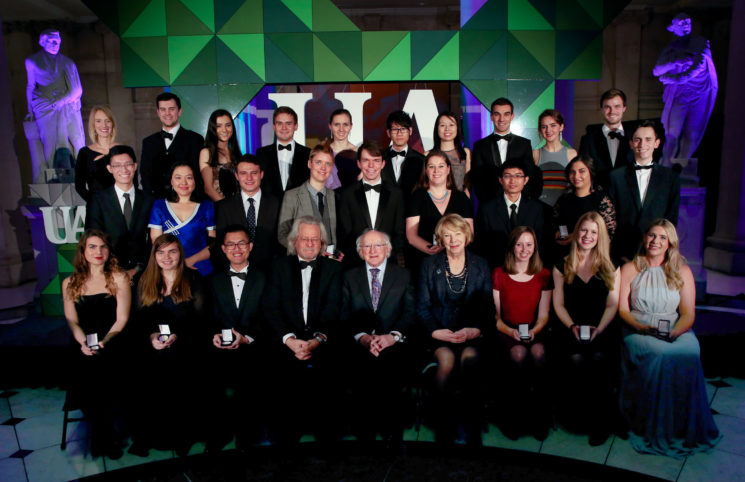2016 Undergraduate Awards
Document Type
Article
Publication Date
2016
Abstract
Aging can be defined as the natural and progressive decline in physiological functioning leading to increased risk for disease and death. Although the effects of age are well characterised, much less work has been done to study whether these detrimental changes can be transmitted to offspring. Advanced parental age has been correlated with higher incidence of neuropsychiatric disorders such as autism in children. As average maternal age increases in North America, it is becoming increasingly relevant to study the effects of maternal and paternal age on offspring social behaviour. We hypothesize that advanced maternal age in Drosophila melanogaster will affect offspring social behaviour as measured in the social space assay. This assay measures the distance to the nearest neighbour (cm) after stable social group formation as an index of social behaviour in the fruit fly. To test the effect of maternal age, we aged Canton-S females to 7, 30, and 50 days corresponding to 100%, 90%, and 50% population survival respectively, and mated them with 7-day old young Canton-S males. Their eggs were collected and allowed to develop into first generation (G1) offspring between the ages of 7–9-days old, which were then separated by sex and tested in the social space assay. We found that female G1 from 50-day old mothers were significantly less social (pD. melanogaster.





Notes
Image: "fruit-fly" by therealbrute. Licensed under CC BY 2.0.